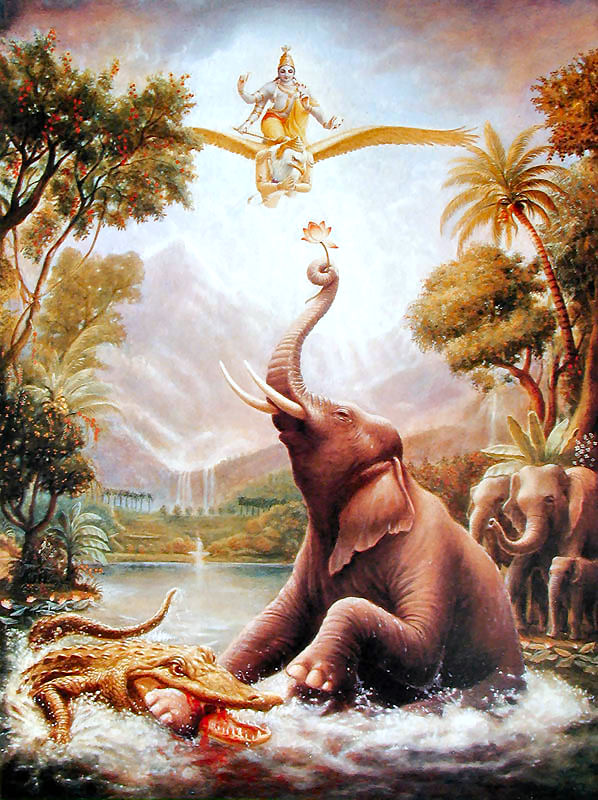justfoolingaround
Member
Hello,everyone. Today I saw a video about Hinduism. The man in the video explained the God concept as such:
Different Gods are different aspects of one Ultimate Reality(Brahman). When God creates, he is Brahma. When he preserves, he is Vishnu, etc. Everything is fine until here.
But how do we explain myths where these aspects are interacting with each other? Are they just made-up to make them easier for human understanding or should these be taken really?
Thank you in advance.
Different Gods are different aspects of one Ultimate Reality(Brahman). When God creates, he is Brahma. When he preserves, he is Vishnu, etc. Everything is fine until here.
But how do we explain myths where these aspects are interacting with each other? Are they just made-up to make them easier for human understanding or should these be taken really?
Thank you in advance.

